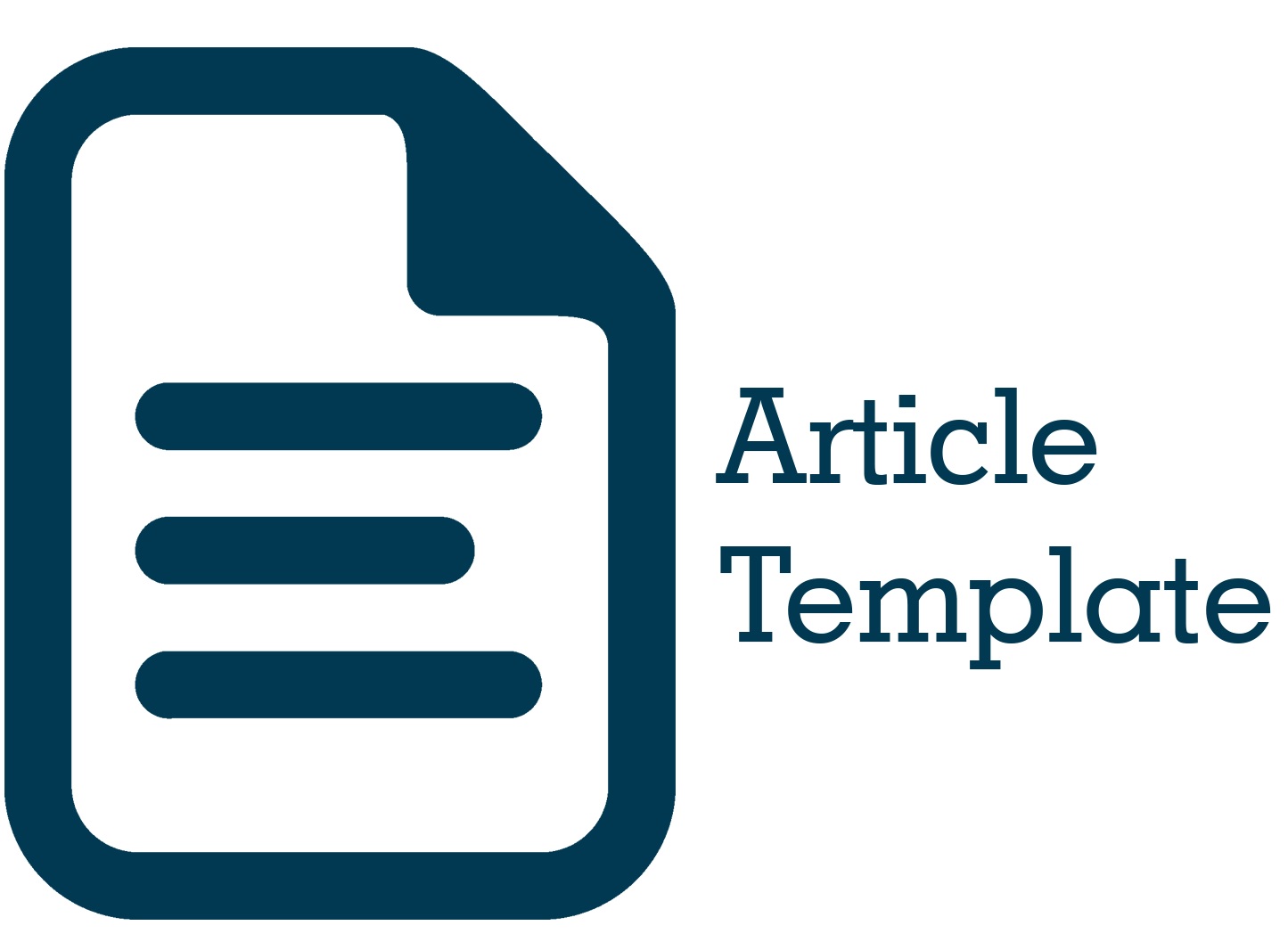Incivility at Work and its Impact on Intentions to Leave; Exploring the Mediating Role of Job Engagement
DOI:
https://doi.org/10.51135/PublicPolicy.v5.i1.p646-663Keywords:
Workplace Incivility, Turnover Intention, Job Engagement, NursesAbstract
This study aims to determine the mediating role of job engagement in the relationship between workplace incivility and turnover intention among nurses working at the Gatot Subroto Jakarta Army Central Hospital. The research sample consisted of 220 nurses out of a total of 606 nurses selected using a Slovin formula with a 5% margin of error. Data analysis was conducted using Structural Equation Modeling (SEM) with the assistance of SmartPLS 3.0 software. The results of this study indicate that: 1) workplace incivility has a positive and significant effect on turnover intention; 2) workplace incivility has a negative and significant effect on job engagement; 3) job engagement has a negative and significant effect on turnover intention; and 4) job engagement mediates the relationship between workplace incivility and turnover intention.
Downloads

Downloads
Published
How to Cite
Issue
Section
License
Authors whose manuscripts are published in the Journal of Public Policy must agree to the following terms;
- Publication rights for all manuscript materials published are held by the editorial board with the author's consent.
- The legal formalities for digital access to the Journal of Public Policy are subject to the Creative Commons Attribution Sharealike (CC BY SA) license, which means the Journal of Public Policy has the right to store, redistribute, reformat, manage in a database, maintain, and publish the manuscript without seeking permission from the author as long as the author's name is included as the copyright owner.
- Published manuscripts are open access for the purpose of disseminating research results. Besides this purpose, the editorial board is not responsible for copyright law violations.


.png)



